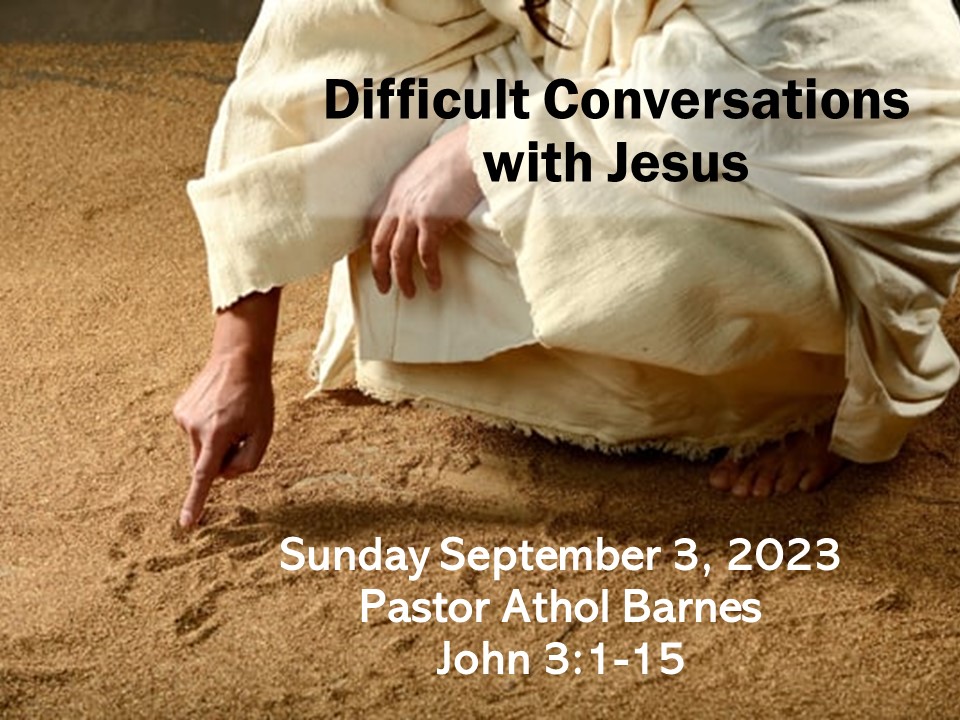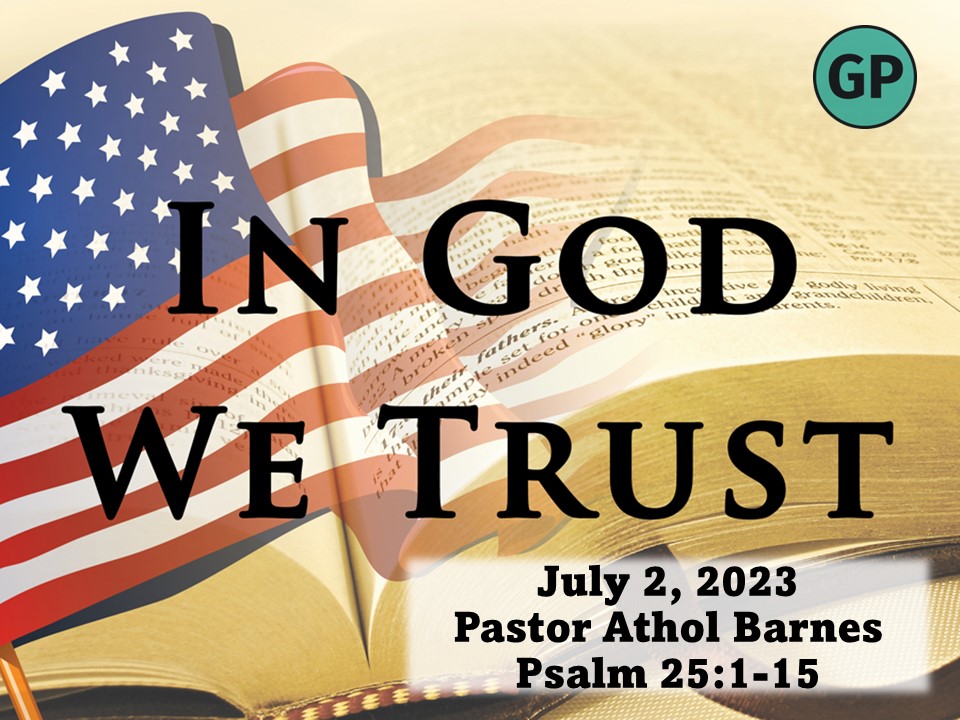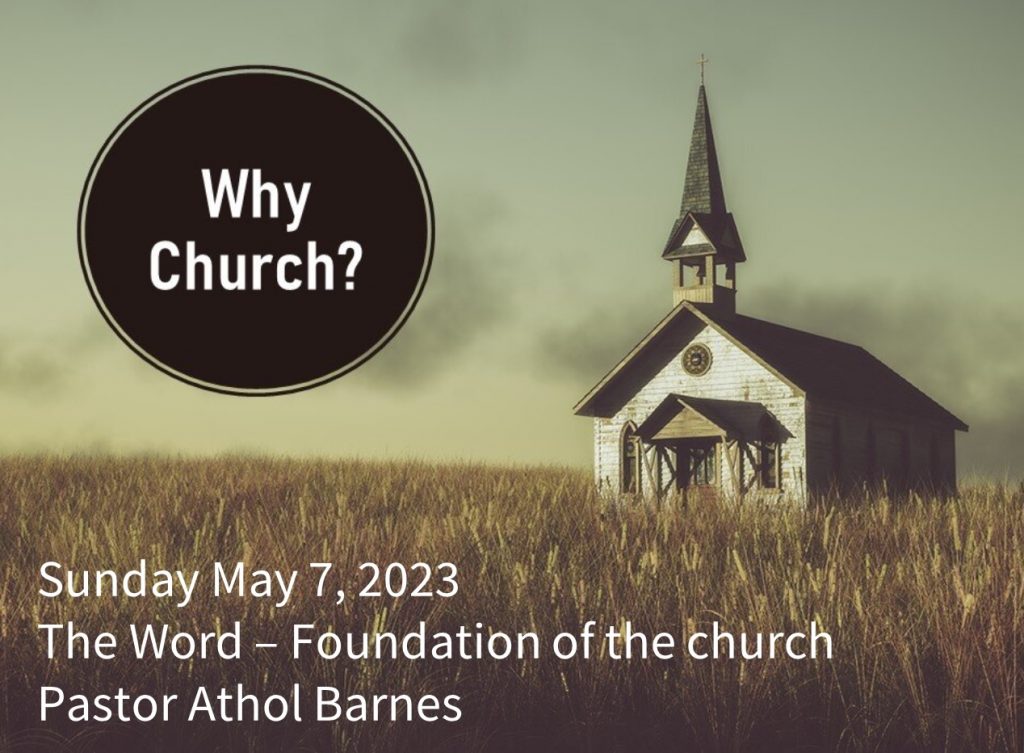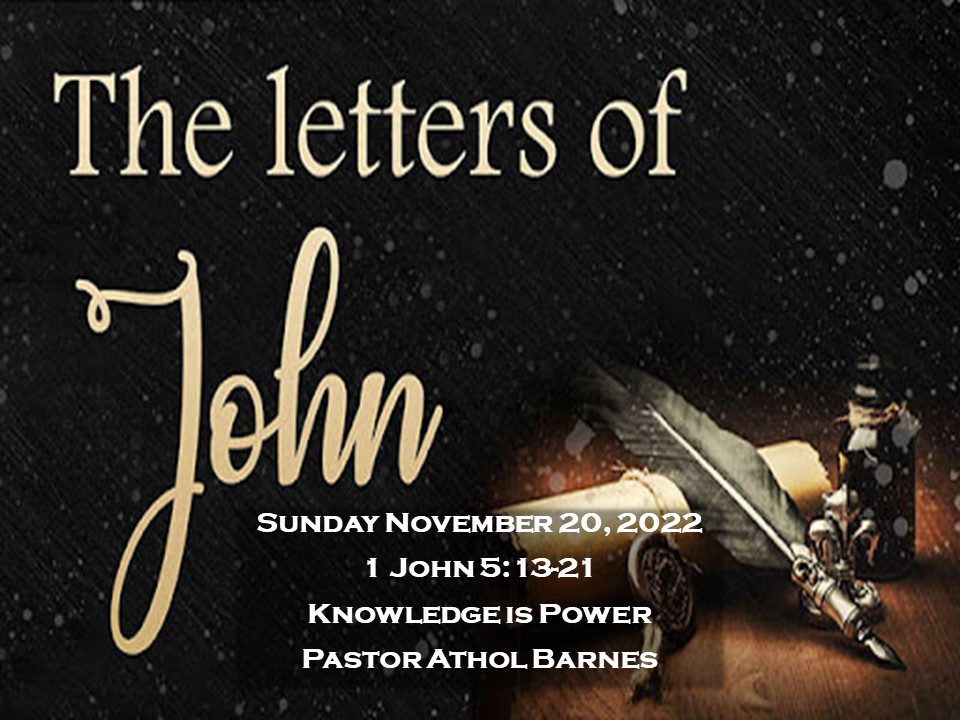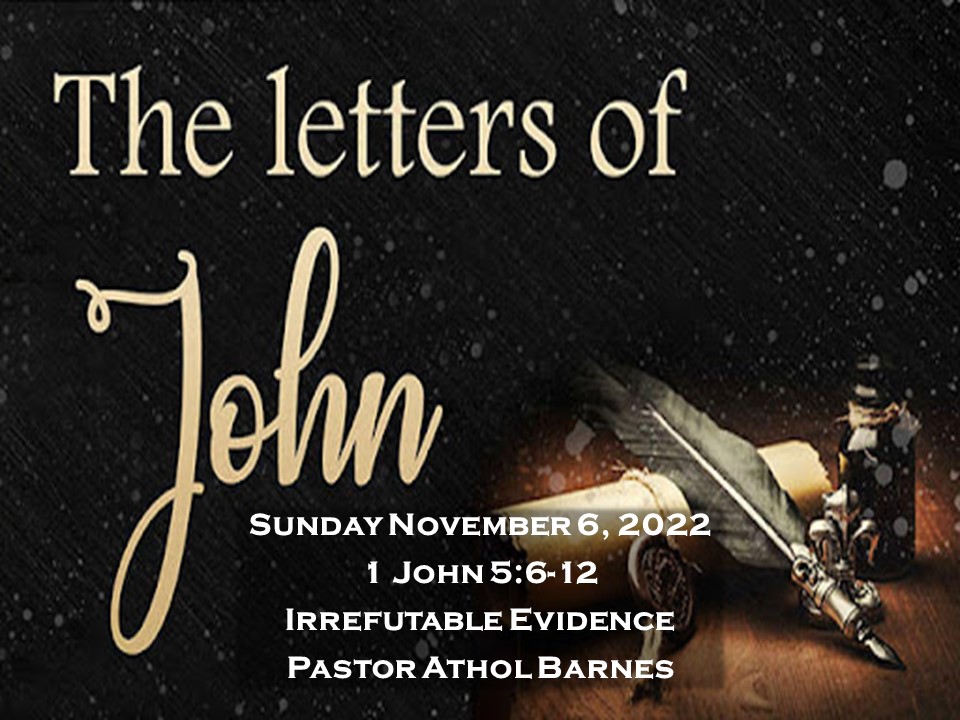
My father was a pastor who faithfully served several churches in the years up until his passing in 2013. I am blessed to have had a father who was a man of conviction and a man of prayer.
I am so grateful that I frequently caught him in prayer. He was leading by example and teaching me valuable disciplines.
Parents do you lead by example in your home? Do your children find you praying? Do your children even know that you pray?
We are continuing our series called, “leadership lessons from the life of Moses”. This week we focus on the importance of the prayer life of a leader.
A Christian leader is only as effective as his/her prayer life.
Moses the Priest.
Moses was a Levite, a priest, and as such he had the responsibility of representing the nation before God and representing God to the nation. This was the crucial role of the priest before the New Testament and the gift of the Holy Spirit to the church at Pentecost in Acts 2. As we know from 1 Peter 2:9, all believers are priests and are called to be Christ’s ambassadors in our various spheres of life.
As priests we are called to intercede for our family and extended community. How well are you fulfilling your priestly role in your area of influence?
In Exodus 33 we read about the Tent of Meeting that Moses set up outside the camp in order to intercede for the nation. It was also a place where anyone could go and pray to enquire of the Lord (see Exodus 33:7).
The tent was set far outside the camp and Moses would go out to the tent of meeting, as an example of being a leader of prayer (see Exodus 33:8). As Moses entered the tent, the people would all stand in awe and worship God. This is the effect of a leader who prays, it leads those who are watching to worship God.
Prayer is warfare.
The tent was available to all the people, but only those who sought the Lord took advantage of it. Reading between the lines, that probably wasn’t a high percentage. The tent of meeting was far outside the camp, it was not convenient.
“Every one of us is as close to God as he has chosen to be.” J. Oswald Sanders
Today, many Christians will say that they want a better prayer life, but sadly, they don’t put in the effort. Prayer takes effort. Prayer is hard work. This is not legalism or works based Christianity, but if we want to see things change in our homes and in our society, we must be prepared to put in the effort that is required.
Prayer takes effort. It is warfare. You cannot wage war from the comfort of your mattress, sometimes you must go outside of the camp.
I am not saying God doesn’t answer prayers prayed while you are in bed and wrestling with the issues of life, but there is something powerful when we have a special place to go to pray and meet with God. There is something about a change of venue that shifts our perspective. When you change your location to a place that is set apart for prayer, you are ready to engage in warfare. You are ready to pray.
A little word of encouragement; when you sit down or kneel to pray, leave your phone in another room. In a war, a distracted soldier is a dead soldier. I cannot emphasize this more strongly; your cell phone will spiritually kill you. Sadly, in our culture and in the Body of Christ, there are too many people who are paralyzed by the constant enticement of all forms of media and entertainment that are presented in the palm of our hands. These distractions are all killing people’s ability to function effectively, and sadly in the Church, they are taking people out of the mission that they are called to.
Moses the Intercessor:
As Moses prayed, he set an example for the people to see. A high percentage of leadership is not about what you say, it’s about what people see in your lifestyle and example.
Moses was also an intercessor for the nation. He prayed fervently for the nation. He risked his life for the nation in his boldness before the Lord. Moses stood between the nation’s sin and God (see Numbers 11:1-2).
Every Christian leader should intercede for those they lead.
Moses interceded for the future blessing of the nation. Moses was not content to have seen the deliverance of God in the past, he was not content to have the provision of God for today, he was desperate for the presence of God in the future (see Exodus 33:12-15).
As you lead your family, your community, or your workplace, are you desperate for the presence and the leadership of God?
Are you crying out in dependance on God for the future for those you influence?
It was from his place of intimacy with God, that Moses was able to become the greatest leader in the history of the nation of Israel.
How are you preparing to lead? Commit to leading in prayer.




